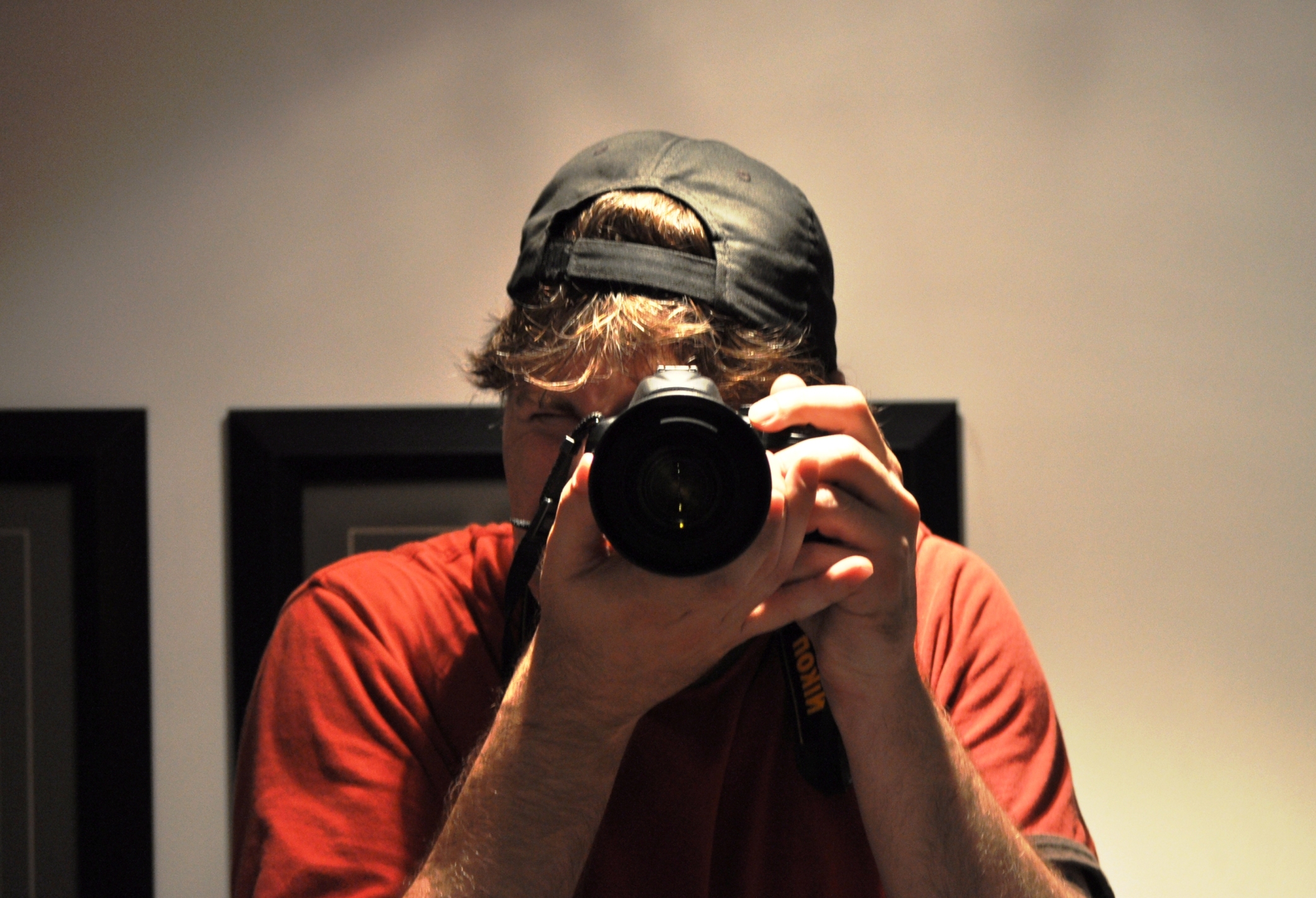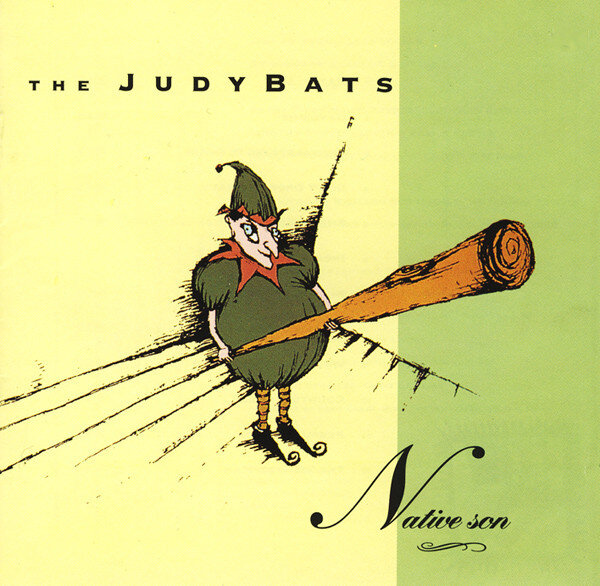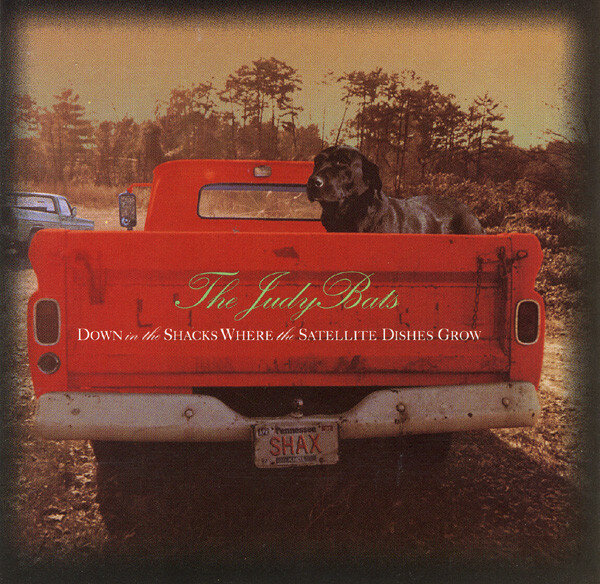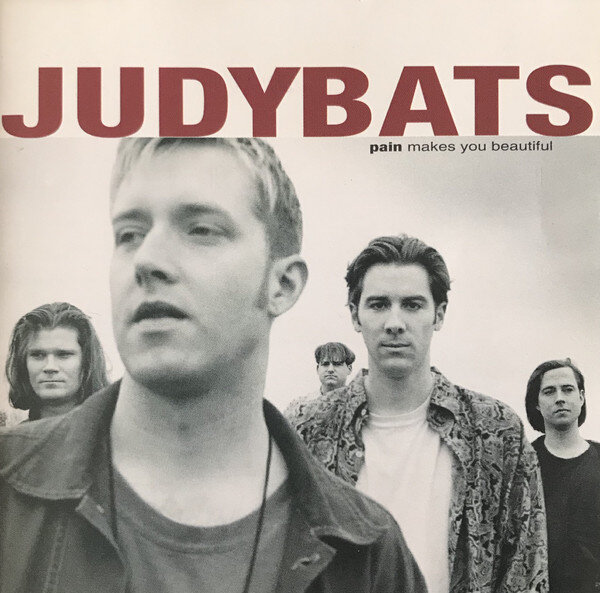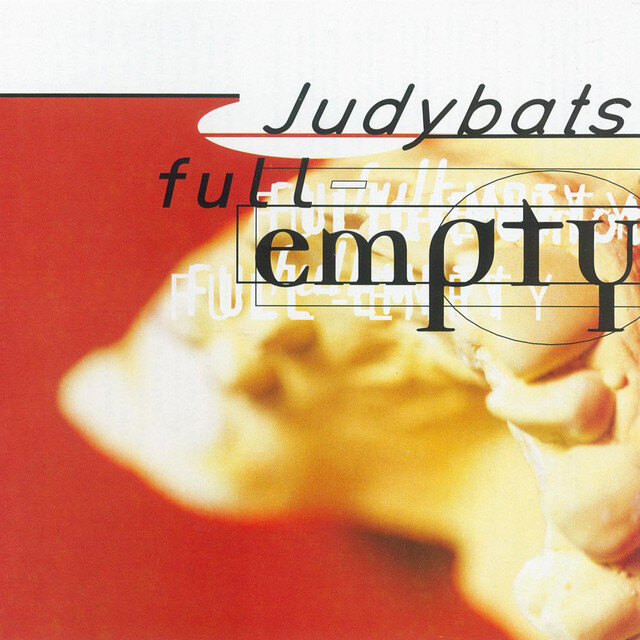Don't Drop the Baby: A Retrospective of The Judybats
Click below on the streaming service of your choice to listen to the playlist as your read along.
I don’t recall if I knew The Judybats before I travelled to Los Angeles in the fall of 1991. It was on that trip that I came home with their debut CD, Native Son, as well as the CD single for “Daylight,” both collected from my future sister-in-law, Nancy, who worked in the music industry. Over the course of the next year, I listened to those CDs a lot and also saw the band at Lee’s Palace in Toronto in March 1992, at which my friend Jorge and I were two of just a few dozen attendees. Indeed, The Judybats would never conquer the music world, but they were a delightful entry into what was a blossoming period for American indie rock.
The 1990s were the commercial pinnacle of the music industry buoyed by increased revenue from CDs and an ever-expanding musical landscape that supported a diverse roster of artists and styles. In the US, the success of grunge and indie rock spawned a wave of alternative sounding bands unlike any time prior. Before it all came crashing down at the end of the decade with the arrival of file sharing, there was a daunting population of rock and pop bands proliferating and competing for competition on radio and MTV (when they still played music videos). The Judybats were a consummate example.
They came together in 1987 in Knoxville, Tennessee, when the acoustic duo of vocalist Jeff Heiskell and guitarist Ed Winters joined with the trio of guitarists, Tim Stutz and Johnny Sughrue, and drummer, Terry Casper. Peggy Hambright, Stutz’ and Sughrue’s roommate, joined on keyboards, violin and vocals to make The Judybats a sextet. Their name was taken from a lyric of a friend’s song, “punch me with a Judybat,” which derived from the Punch and Judy puppet shows. Developing a lively show full of humour, they built a local following which led to a signing in 1990 with Sire Records, a label that seemed to be swallowing up every indie band around at the time.
The Judybats first release arrived when Sire asked them to do a track for its fantastic tribute album for Roky Erickson, Where the Pyramid Meets the Eye, released on Halloween in 1990. The band did up a cover of the song, “She Lives (In A Time of Her Own),” originally by Erickson’s 1960s band, 13th Floor Elevators. Channeling the original’s psychedelic feel, The Judybats blended that vibe with their midwestern roots into a brilliantly intoxicating indie-rock tune. The track was included on their debut LP, released a few months later in January 1991.
Native Son was one of the most overlooked LPs of the 1990s. It was helmed by Sire’s co-founder and renowned producer, Richard Gottehrer (Go-Go’s). Perhaps like The Ocean Blue, their blend of catchy pop melodies and indie edge put them outside the zeitgeist of the trippier Madchester and acid house scene or the harder-edged grunge sounds of the time. The album’s title track got some decent attention on the Modern Rock chart, and Sire promoted them well via compilation releases, but otherwise the album failed to launch the band to sustained attention.
The “Daylight” single, in which the cover drawing obviously references the track, “Alliwannadois Fuck Your Hair.”
The LP kicked-off with the catchy, poppy title track, followed by the equally strong, “Daylight,” with the band’s typically abstruse lyrics. The CD single for “Daylight” included two, non-LP tracks, a fun cover of Gary Numan’s, “Cars,” and a rollicking, hilarious, raunchy, live track, “Alliwannado Is Fuck Your Hair.” Two tracks later was a sublime, new wave-pop track, “Don’t Drop the Baby,” which was likely another Punch and Judy reference (in which Punch usually mishandled the baby), and included more cryptic lyrics, “Don’t drop the baby ‘cause he might cry / Don’t touch my soft spot ‘cause I might die.” The rest of the LP mixed the band’s strong pop sensibility with its light mix of acoustic and electric guitars, synths, and Heiskell’s distinctive vocals, rarely dipping in quality from the heights of the album’s first half.
The band released its second LP, Down in the Shacks Where the Satellite Dishes Grow, in 1992 and included a line-up change, with Casper being replaced on the recording with session drummer, Kevin Jarvis. Produced again by Gottehrer, it was another strong album that again failed to bring the band commensurate attention, with the single, “Saturday,” landing a mediocre result on the Modern Rock chart. Overall, the album had greater commercial potential, with tracks more solidly in the pop vein, leaning more into their midwestern roots with country-blues foundations, and less quirky than the prior LP, and thus exhibited a little less personality. That didn’t mean there weren’t good moments, such as on “Saturday” and the alt-rocker, “Isn’t Anything.”
More line-up changes accompanied The Judybats’ third LP, Pain Makes You Beautiful, released in ’93. Hambright and Stutz were gone, and Paul Noe joined on bass and David Jenkins came in on drums. The quintet now lacked a keyboardist, and without the ‘80s throwback accents resulted in a sound that was more contemporary to the indie-rock vibe of the ‘90s. The result was their best commercial showing, with the down tempo single, “Being Simple,” reaching the top ten in the Modern Rocks chart. For the most part, the band had moved from the quirky, fun, lively version of their debut LP into a less distinguishable rock act, though still showed signs of their old selves in a track such as, “An Intense Beige,” with typically clever and cryptic lyrics such as, “I love you anyway / You’re an intense beige but that’s ok / Parceled out like oxygen / Everywhere but very thin,” and “Nothing ventured but nothing dared / Fake opaque and very scared.”
The fourth and final LP arrived in 1994. With the line-up unchanged, the album equalled its title, Full-Empty. The Judybats appeared to be losing steam, still producing capable, listenable indie-pop songs, but the spark was gone. They had rendered their idiosyncratic style into a generic, serviceable brand, and as a result any potential they’d had to break through was lost. The album fared worse than their prior releases and when Sire dropped them, The Judybats broke up.
Heiskell has continued to release music in bands, including with former Judybats members as well as solo. He released an LP in 2000, Judybats ’00, which resurrected the band’s name even though he was the only original participant.
In today’s music industry, a band like The Judybats couldn’t exist, or at least they would need to self-release their music or toil away in semi-obscurity with the support of a teetering indie label. The idea that a minorly successful, indie type act could release four LPs with a major label over four years seems preposterous, yet in the 1990s this was not just possible, it was common. But aside from their lack of commercial success, which here at Ceremony is never a deterrent to appreciating an act, the truly unfortunate story of The Judybats was the evolution of a band teeming with personality, originality, and seemingly a carefree spirit, into a more measured, typical, solid yet undistinguishable, rock act. It’s unlikely that sticking with the idiosyncratic pulses of their earlier incarnation would have brought them more success or even a different career result, but perhaps we could have gotten more gems along the way like, “Don’t Drop the Baby.” Regardless, their music was strongly written and played, with many excellent tracks, and Native Son was, for me at least, a cherished contribution to the ‘90s library that remains a staple of my listening habits. Have a listen, and maybe they will be a happy addition for you too.
The Playlist
“She Lives (In A Time of Her Own)” \ Where the Pyramid Meets the Eye: A Tribute to Roky Erikson and Native Son (1990)
“Native Son” \ Native Son (1991)
“Daylight” \ Native Son (1991)
“Don’t Drop the Baby” \ Native Son (1991)
“In Like with You” \ Native Son (1991)
“How It Is” \ Down in the Shacks Where the Satellite Dishes Grow (1992)
“Down in the Shacks Where the Satellite Dishes Grow” \ Down in the Shacks Where the Satellite Dishes Grow (1992)
“Is Anything” \ Down in the Shacks Where the Satellite Dishes Grow (1992)
“Saturday” \ Down in the Shacks Where the Satellite Dishes Grow (1992)
“Ugly on the Outside” \ Pain Makes You Beautiful (1993)
“Being Simple” \ Pain Makes You Beautiful (1993)
“An Intense Beige” \ Pain Makes You Beautiful (1993)
“What We Lose” \ Full-Empty (1994)
“Don’t Wait for Me” \ Full-Empty (1994)
